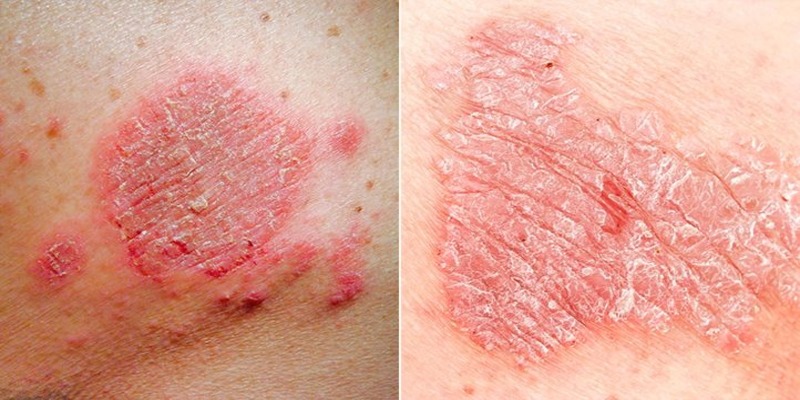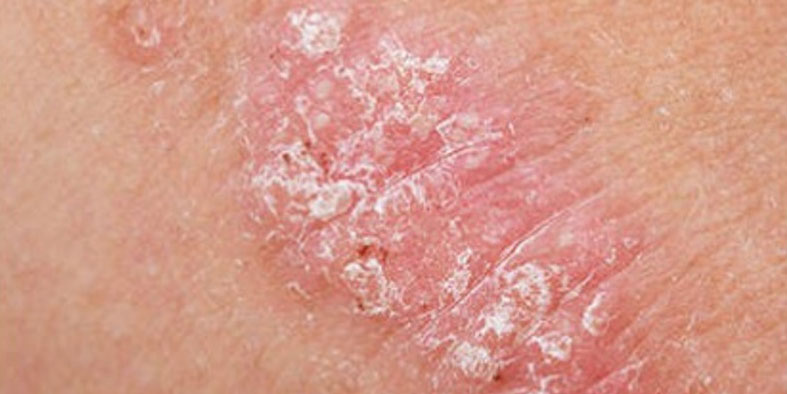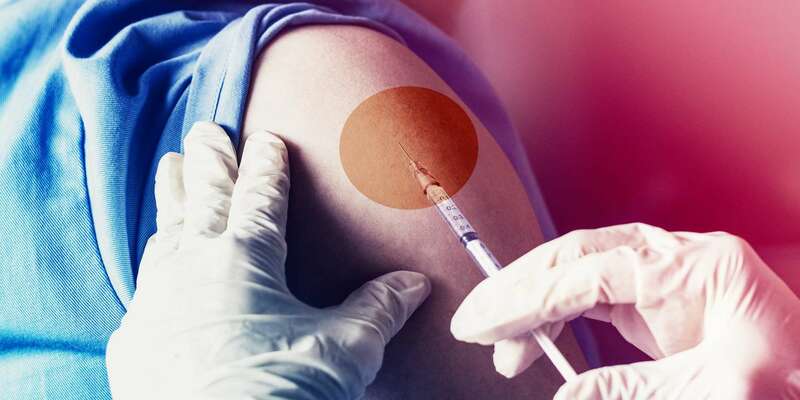Inquiring minds want to know: what sets eczema apart from psoriasis? Maybe you've even tried to explain the difference between the two but ended up more puzzled than before. You have company.
These common skin diseases can be easily confused by even the most seasoned dermatologist. To assist more individuals in obtaining the proper diagnosis and treatment for their psoriasis during Psoriasis Awareness Month, which occurs annually in September, we've detailed some crucial information.
Reasons For Illnesses

Although eczema and psoriasis are separate illnesses, they share an essential feature. The human immune system has a role in both disorders, says Dr. Amy Paller, a professor of dermatology and pediatrics at Northwestern University's Feinberg School of Medicine.
However, there are other potential triggers for both conditions. Therefore none is considered a pure autoimmune disorder. Psoriasis is caused by an overactive immune system, which causes the skin to produce an abnormally high number of new skin cells.
These cells accumulate to form thick scales or plaques on the skin's surface, which are often dry, flaky, and irritating.
Probability
Although both eczema and psoriasis are very prevalent, eczema is almost four times more frequent than psoriasis, according to the University of Pennsylvania Medical School. In rare cases, a person may have both illnesses simultaneously.
According to one research, only 1.4% of kids with eczema also had psoriasis. Psoriasis and eczema come in a wide variety, with certain forms being more prevalent than others.
The most prevalent skin condition is atopic dermatitis in humans, whereas plaque psoriasis is the most pervasive subtype. Another type of eczema that is frequent, though not as common as atopic eczema, is contact dermatitis.
Causes And Effects on Children
It's important to note that while both eczema and psoriasis can afflict people of any age, eczema commonly presents in infants and young children, and psoriasis typically emerges between the ages of 15 and 35. Indeed, "eczema is far more frequent in youngsters than psoriasis," Psoriasis is uncommon in infants, as indicated by publications from the American Academy of Dermatology and other authorities.
Appearance

Dry rashes from eczema and psoriasis might seem identical at first glance. The symptoms of these two disorders may be similar at first glance, but there are typically subtle variances that may be used to distinguish between them.
While psoriasis appears as "red, well-circumscribed lesions with heaped-up, white scaling," eczema is "marked by weakly delineated red, dry regions with fine scale,"
Eczema:
Dry skin, scaling skin, red spots on fair skin or rash or brown skin from eczema are among the symptoms in youngsters. Thicker, rougher, darker, leathery skin patches are also possible in adults.
Clear fluids may ooze and leak from inflamed sites in children and adults, and the affected areas may become crusty. Skin inflammation or swelling can occur at times when eczema is present.
Psoriasis:
In nature, scales or "plaques" can be any of several colors, including silver, white, and red. Psoriasis symptoms include an extra accumulation of skin cells that the body can't remove rapidly enough, leading to thicker, elevated and more inflammatory skin than eczema.
Location
Often, the location of the rash is a diagnostic indicator of the underlying skin illness. In children, eczema manifests itself in the creases or "crooks" of the skin, such as the elbow, knee, wrist, neck, and ankle.
Baby eczema can manifest everywhere skin touches, including the face, scalp, chest, arms, and legs. Face and hand patches are the most common sites for symptoms in adults.
While psoriasis may show up everywhere on the body, it most commonly manifests on the face, soles of the feet, ears, lips, eyelids, buttocks, and nails.
Itch
Whereas both eczema and psoriasis can leave skin feeling itchy, Dr. Cohen explains that eczema "may induce a strong itch." In contrast, psoriasis often results in a "burning or stinging sensation" or "moderate itch." Psoriasis may not cause any itching, but eczema is often highly uncomfortable, especially at night and in children, to the point that it disrupts sleep.
Treatments
Both eczema and psoriasis have no known medical cure, although several therapies are available to alleviate symptoms and potentially reduce the likelihood of future outbreaks. If you're experiencing skin-related issues, consulting a dermatologist is your best bet for finding a solution.
In addition to a proper skincare routine and healthy lifestyle, this may include the use of prescription and over-the-counter skin care products and the avoidance of any potential triggers. Using skin care products on eczema or psoriasis flare might help relieve symptoms quickly.
Phototherapy, known as light therapy using ultraviolet or UVB light, is sometimes prescribed to treat psoriasis. Biologics or systemic (oral) therapies to decrease inflammation may be suggested if either disease is severe.




